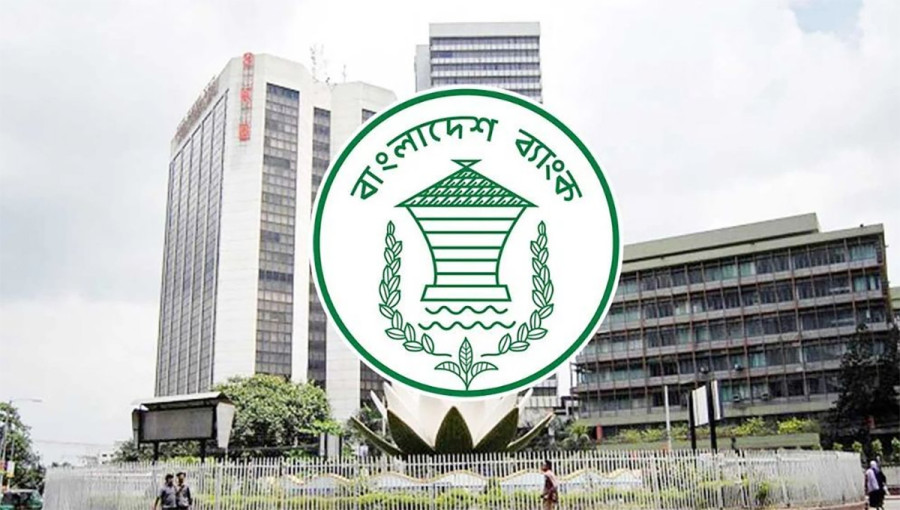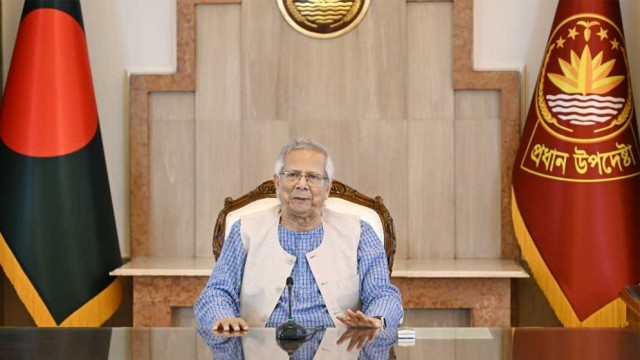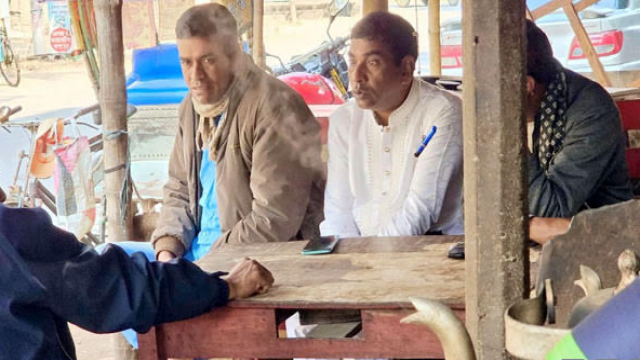Dhaka, Nov 28 (V7N)- The central bank of Bangladesh has introduced a stricter definition of defaulted loans, moving towards international standards to ensure better loan quality management. This change is set to take effect from April 1, 2025, and is expected to have significant implications for the country's banking sector.
Under the new policy, if a loan or installment remains unpaid after its due date, it will be classified as "expired" from the next day. If the loan is neither repaid nor renewed within three months, it will be identified as "defaulted." This policy aligns with international practices, where loans become defaulted after 90 days of non-payment.
Previously, the timeline for classifying loans as defaulted varied based on loan types, with term loans becoming defaulted after six to nine months of non-payment. The new rules streamline this by setting a uniform three-month period for all loan types.
The revised definition aims to enhance transparency and accountability within the banking sector but may lead to an increase in the reported volume of defaulted loans.
The decision comes in response to sustained pressure from international organizations such as the International Monetary Fund (IMF) and the World Bank. These institutions have long criticized Bangladesh's lenient approach to loan classification, which they argue distorts the true scale of defaulted loans and hinders financial stability.
The former Awami League government had relaxed these standards under pressure from politically connected business groups, extending the time frame to six to nine months for term loans. However, the IMF has repeatedly demanded stricter adherence to global norms as a condition for financial support.
The banking sector is bracing for potential challenges, as the stricter policy is likely to reveal a higher volume of defaulted loans in the short term. Bankers fear that the sudden shift could strain their balance sheets and disrupt credit flows.
An IMF mission is scheduled to arrive in Dhaka on December 4, 2024, to assess the implementation of loan-related reforms. The definition of defaulted loans will be a key focus, especially as the IMF has linked compliance with international standards to the disbursement of its financial support.
This policy shift underscores the government’s efforts to restore financial discipline and address systemic risks in the banking sector. However, it also raises concerns about its impact on businesses and the broader economy. Further developments are anticipated as stakeholders adapt to the new rules.
END/MSS/AJ































Comment: